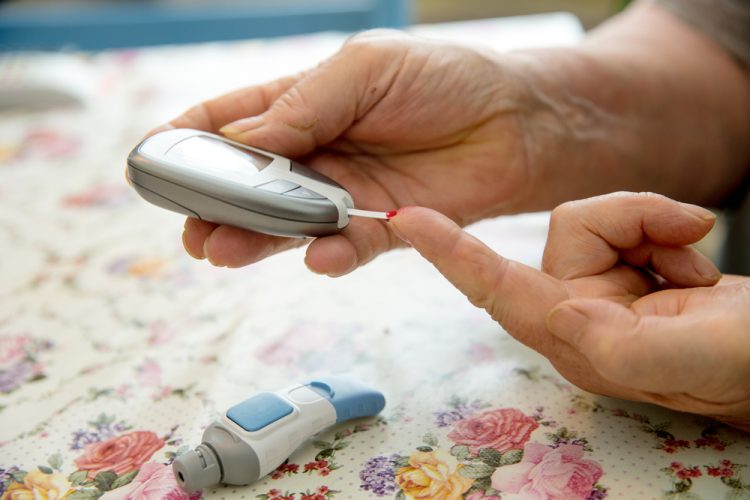MicroRNA in red blood cells causes vascular damage in type 2 diabetes
Posted: 9 November 2021 | Anna Begley (Drug Target Review) | No comments yet
Researchers discovered that cardiovascular damage was caused by reduced microRNA-210 levels in patient cells and mice with type 2 diabetes.


A new study in cells from patients with type 2 diabetes and mice from the Karolinska Institutet, Sweden, has found that vascular damage is caused by low levels of an important small molecule in the red blood cells. The researchers hope that this finding will lead to the development of new therapies for type 2 diabetes-related vascular injury.
NEWS: New biomarkers may help prevent diabetes-related blindness – READ HERE
Previous studies have shown that patients with type 2 diabetes have an increased risk of cardiovascular disease. Over time, type 2 diabetes may damage blood vessels which could lead to life-threatening complications such as heart attack and stroke. However, the disease mechanisms underlying cardiovascular injury in type 2 diabetes are largely unknown and there is currently a lack of treatments to prevent such injuries.
In recent years, research has shown that the red blood cells become dysfunctional in type 2 diabetes and can act as mediators of vascular complications. In the current study, published in Diabetes, researchers at Karolinska Institutet have in cells from patients with type 2 diabetes and mice examined which molecular changes in the red blood cells could explain these harmful effects in type 2 diabetes.
The researchers found that levels of the small molecule microRNA-210 were markedly reduced in red blood cells from 36 patients with type 2 diabetes compared with red blood cells of 32 healthy subjects. The reduction in microRNA-210 caused alterations in specific vascular protein levels, and impaired blood vessel endothelial cell function. In laboratory experiments, restoration of microRNA-210 levels in red blood cells prevented the development of vascular injury via specific molecular changes.
“The findings demonstrate a previously unrecognised cause of vascular injury in type 2 diabetes,” summarised Dr Zhichao Zhou. “We hope that the results will pave the way for new therapies that increase red blood cell microRNA-210 levels and thereby prevent vascular injury in patients with type 2 diabetes.”
Related topics
Drug Targets, Genomics, In Vivo, Molecular Targets, RNAs, Small molecule, Therapeutics
Related conditions
Cardiovascular disease, Type-2 diabetes
Related organisations
Karolinska Instituet
Related people
Dr Zhichao Zhou


